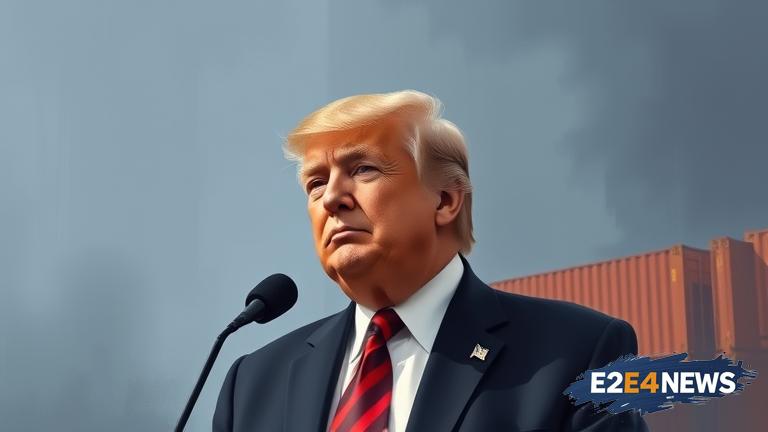India has recently spoken out against the hypocrisy of Western countries, particularly the United States, in regards to trade practices. The comments come amidst threats from US President Donald Trump to impose tariffs on Indian goods. India’s response highlights the double standards of Western countries, who criticize India for its trade policies while implementing similar protectionist measures themselves. The Indian government has pointed out that countries like the US, EU, and Australia have significant tariffs and non-tariff barriers in place, despite criticizing India for its relatively low tariffs. India has also emphasized the importance of a level playing field in international trade, where all countries can compete fairly without unfair restrictions. The US has been critical of India’s trade policies, including its tariffs on US goods, but India argues that its tariffs are necessary to protect its domestic industries. The Indian government has also highlighted the issue of agricultural subsidies, where Western countries provide significant subsidies to their farmers, while India is restricted from doing so due to WTO rules. Furthermore, India has pointed out that Western countries have significant non-tariff barriers, such as technical standards and regulatory requirements, that restrict Indian exports. The Indian government has called for a more balanced and equitable approach to international trade, where all countries can benefit from free and fair trade. The US has threatened to impose tariffs on Indian goods, including steel and aluminum, but India has warned that it will retaliate with its own tariffs if necessary. The trade tensions between the US and India have been escalating in recent months, with both countries imposing tariffs on each other’s goods. The Indian government has emphasized that it is committed to free trade, but it will not compromise on its sovereignty and the interests of its domestic industries. The US has also been critical of India’s data localization policies, which require foreign companies to store data locally, but India argues that these policies are necessary to protect its citizens’ data and privacy. The trade dispute between the US and India has significant implications for the global economy, as both countries are major trading partners. The Indian government has called for a negotiated settlement to the trade dispute, but it is unclear whether the US will agree to talks. In the meantime, India is preparing to impose its own tariffs on US goods, including agricultural products and machinery. The trade tensions between the US and India are part of a larger global trend, where countries are increasingly turning to protectionism and trade restrictions. The Indian government has warned that this trend is dangerous and could lead to a global trade war, with significant consequences for the global economy. The US and India have a long history of trade cooperation, but the current tensions threaten to disrupt this relationship. The Indian government has emphasized that it values its relationship with the US, but it will not compromise on its sovereignty and the interests of its domestic industries. The trade dispute between the US and India is a complex issue, with multiple factors at play. The Indian government has called for a comprehensive and nuanced approach to resolving the dispute, taking into account the interests of all stakeholders. The US and India must work together to find a solution to the trade dispute, one that balances the interests of both countries and promotes free and fair trade. The global economy is watching the trade dispute between the US and India closely, as it has significant implications for the future of international trade. The Indian government has emphasized that it is committed to finding a solution to the dispute, but it will not compromise on its core principles and values.





